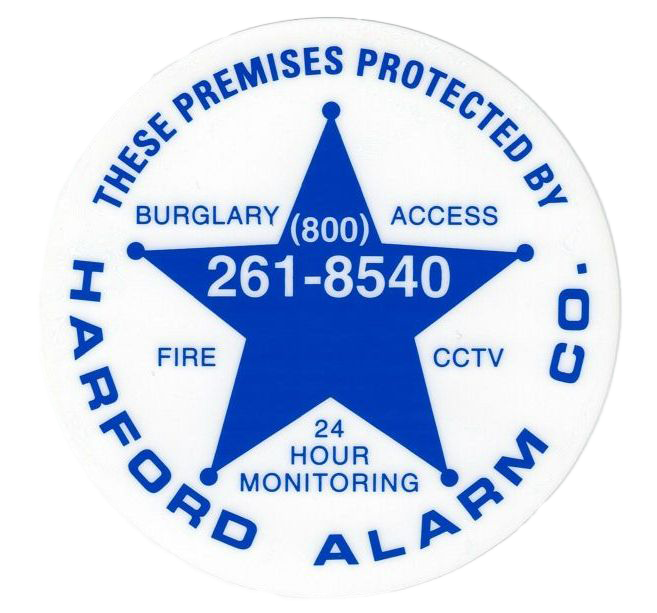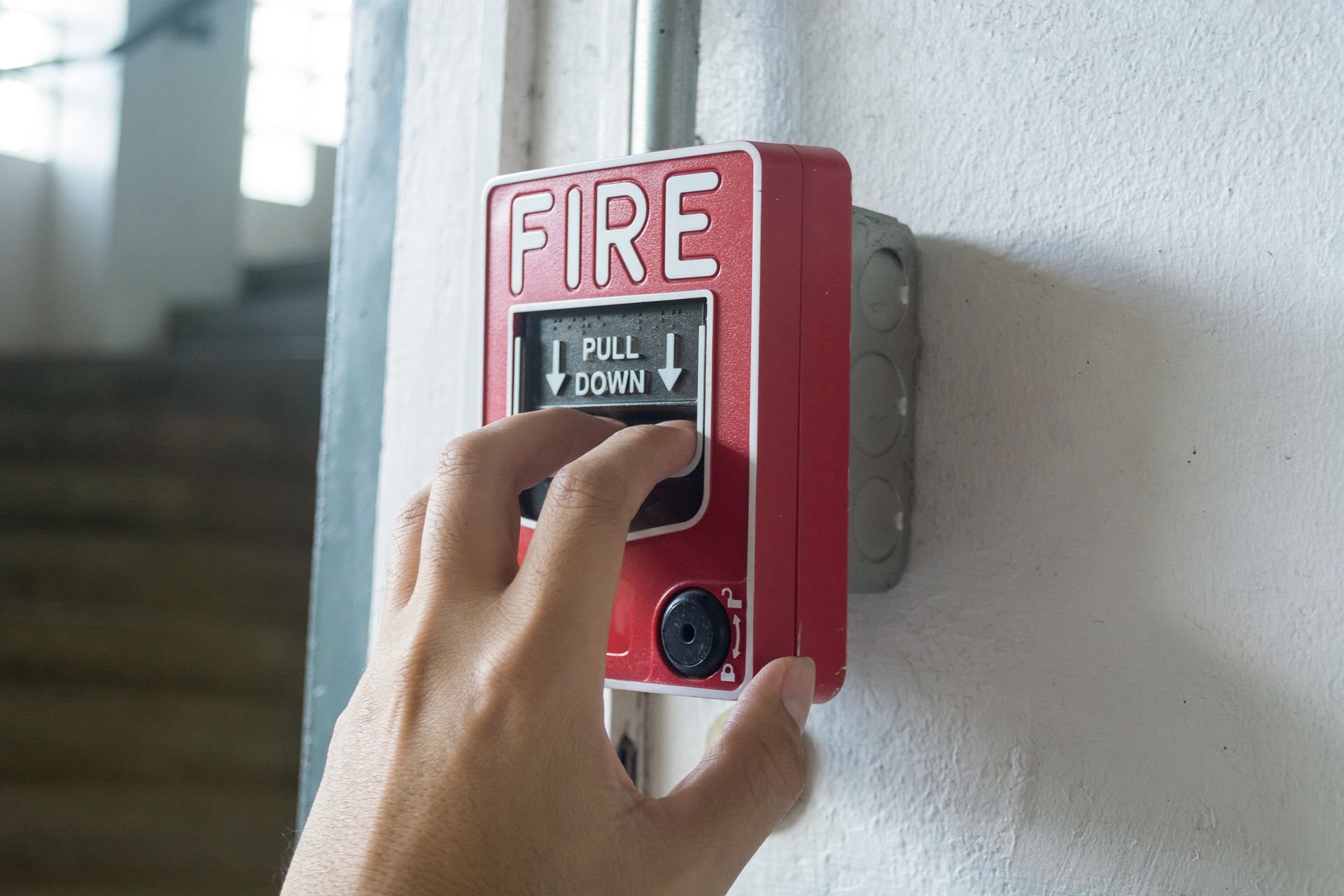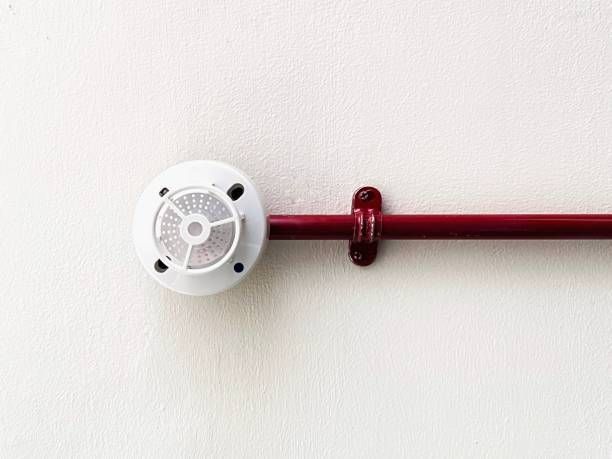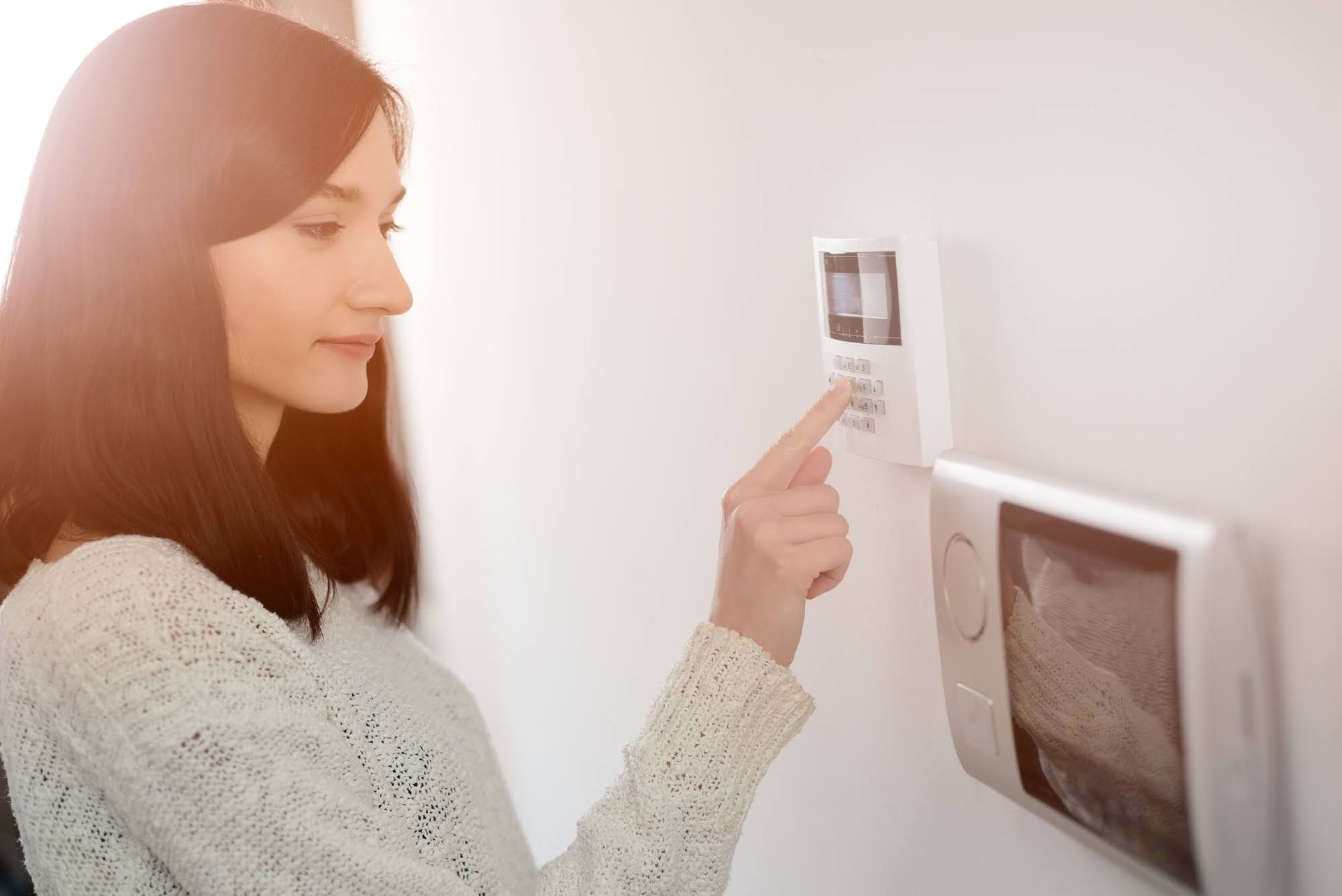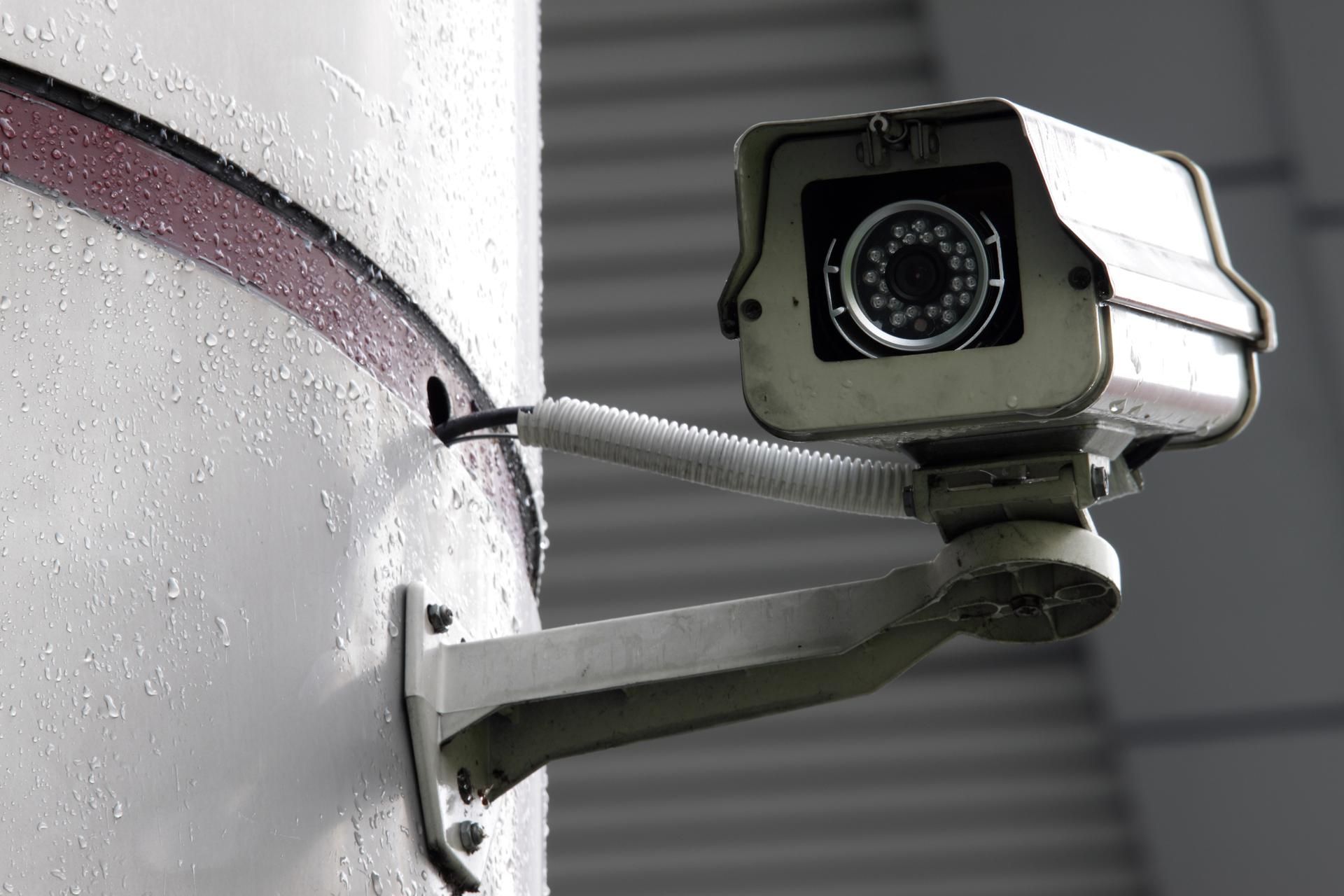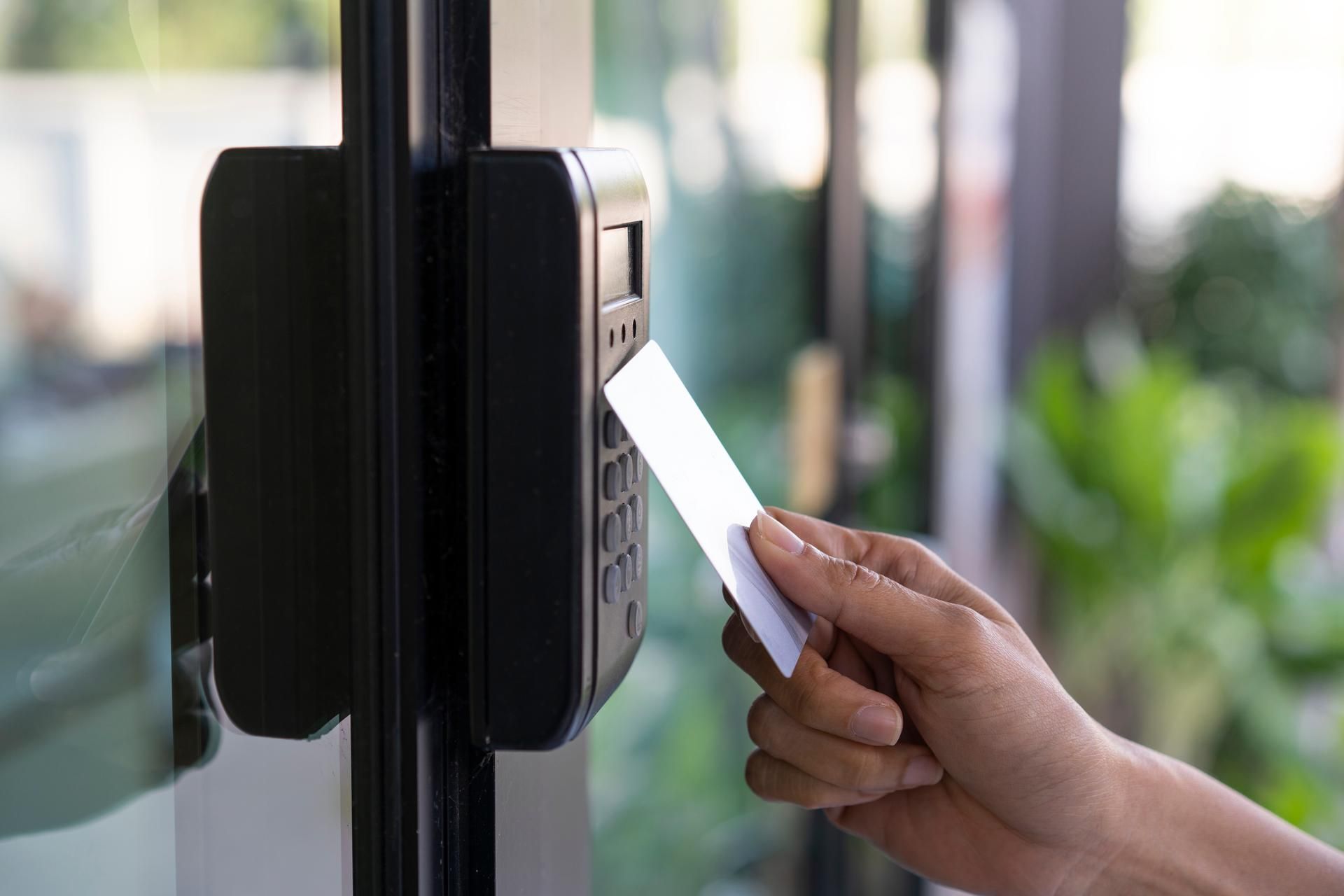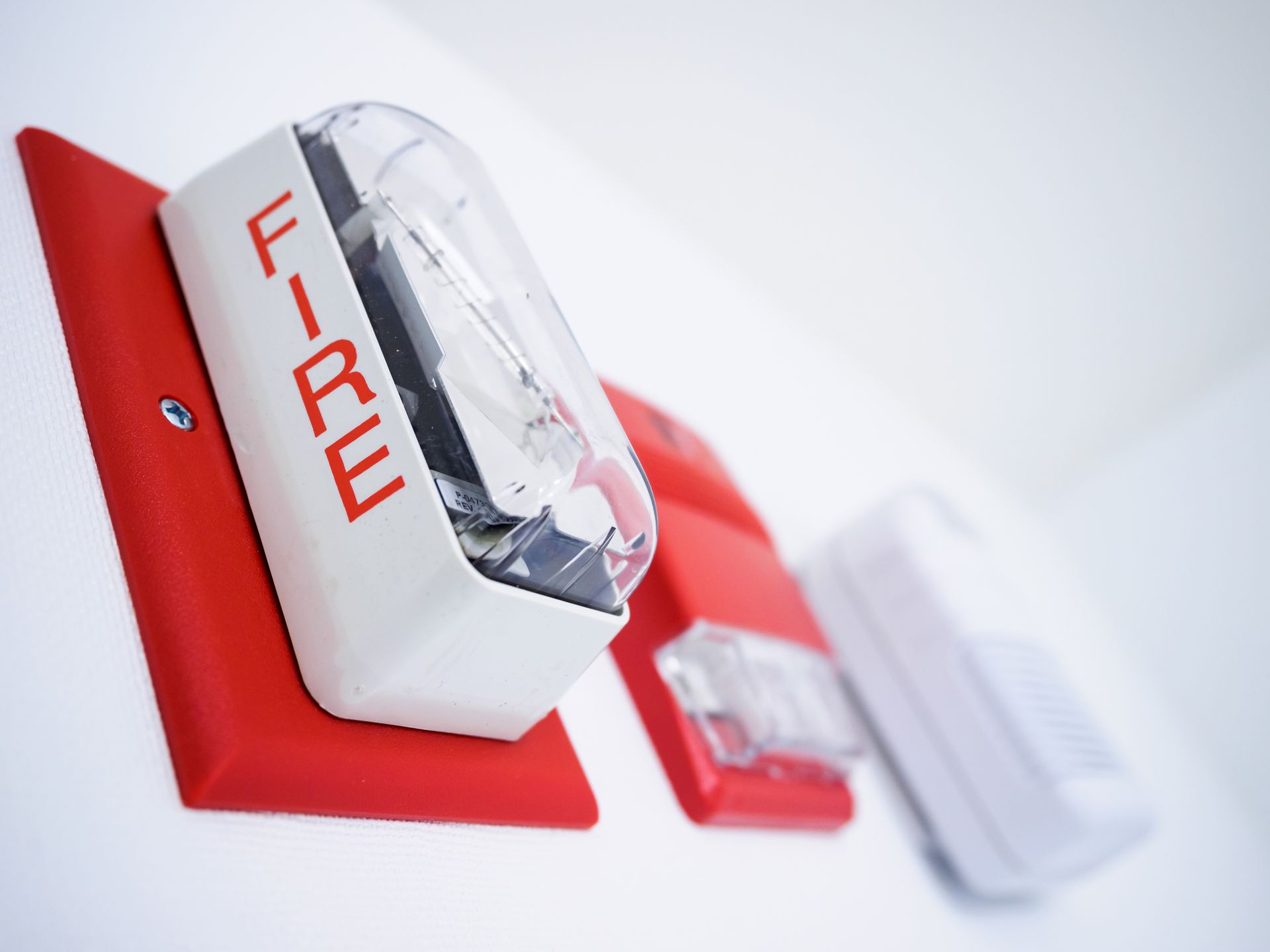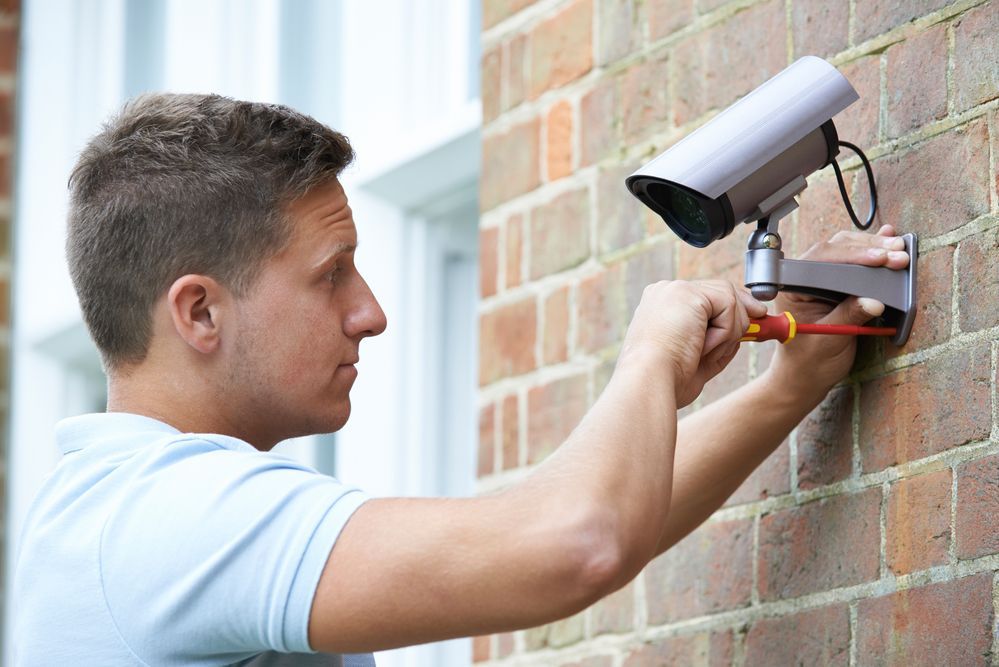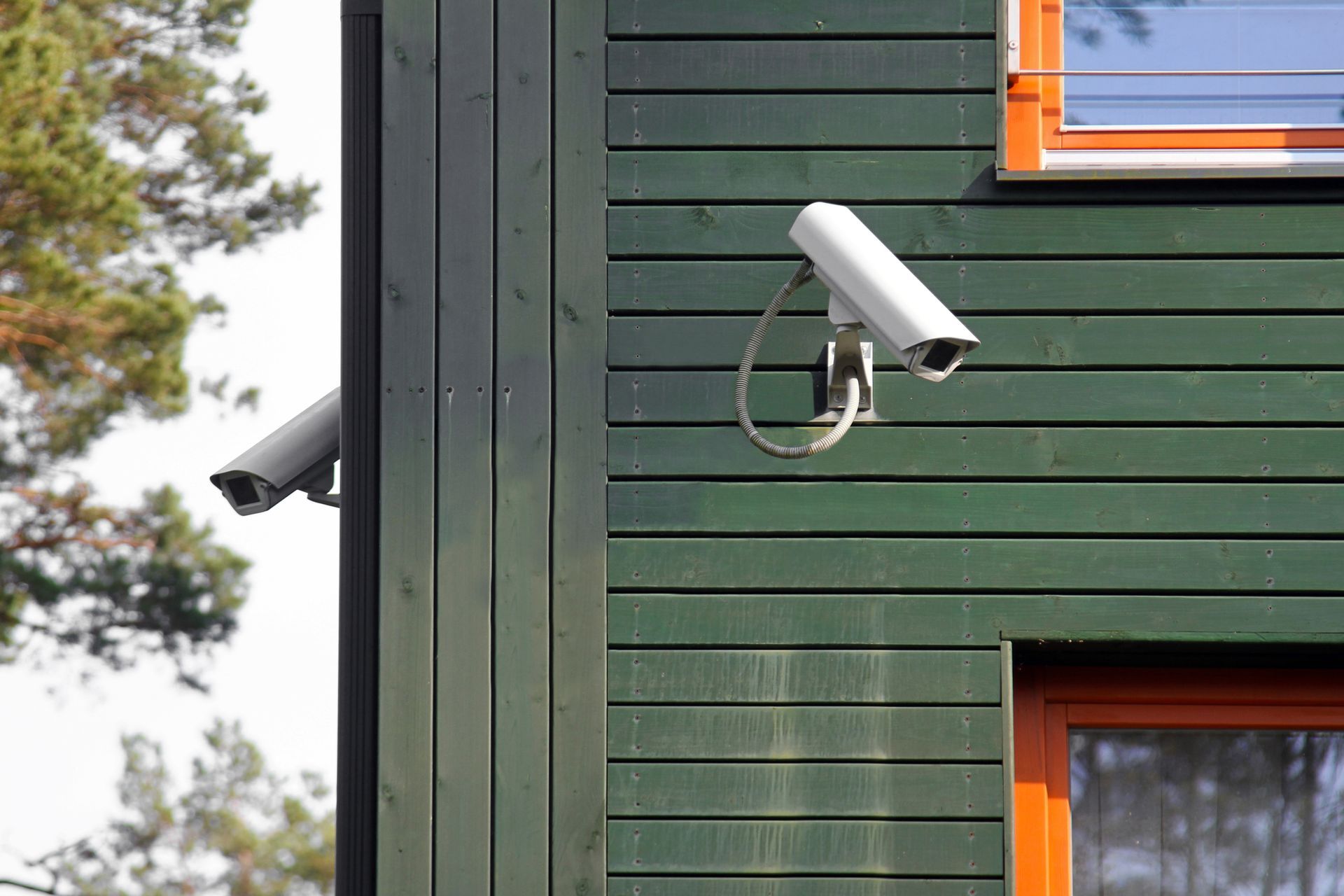Choosing the Right Home Alarm System: Factors to Consider
As a homeowner, one of your top priorities is keeping your family and property safe. One effective way to achieve this is by installing a home alarm system. With the advancement of technology, there are now various options available in the market, making it overwhelming and challenging to choose the right one for your home. In this blog post, we will discuss some essential factors you should consider when choosing a home alarm system.
Type of Monitoring
The first decision you need to make when choosing a home alarm system is whether you want professional monitoring or self-monitoring. Professional monitoring involves subscribing to a security company's services that will monitor your home 24/7 and dispatch emergency services if needed.
On the other hand, self-monitoring involves receiving notifications on your smartphone when an alarm is triggered, and you are responsible for taking action. Professional monitoring provides a more comprehensive level of security but comes at a higher cost. Self-monitoring, on the other hand, may be suitable for budget-conscious homeowners but may not offer the same level of protection.
Type of Alarm System
There are three main types of home alarm systems: wired, wireless, and hybrid. Wired systems require professional installation as they involve running wires through walls and ceilings. These systems tend to be more reliable than their wireless counterparts since they do not rely on Wi-Fi or cellular signals. However, they are more expensive and challenging to install.
On the other hand, wireless systems use Wi-Fi or cellular signals to communicate with monitoring stations, making them easier to install and relocate. However, they may be vulnerable to hacking or interference from other electronic devices. Hybrid systems combine wired and wireless components, giving homeowners flexibility in terms of installation and security.
Features
When choosing a home alarm system, it is essential to carefully consider the features that come with it. Some popular features include motion sensors, door/window sensors, glass break detectors, panic buttons, and surveillance cameras. Motion sensors are ideal for detecting movement inside your home while you are away. Door/window sensors detect when a door or window is opened, while glass break detectors detect the sound of breaking glass. Panic buttons can be placed in strategic locations in case of emergencies, and surveillance cameras provide visual monitoring of your home.
Cost
When considering the cost of a home alarm system, it's essential to look beyond the initial installation fees. You should also consider the monthly monitoring fees, any additional equipment or features you may want to add, and potential maintenance costs. Professional monitoring services come with a monthly fee, while self-monitoring may be a one-time cost for equipment and installation. It's important to weigh the cost against the level of protection and peace of mind the system provides.
Integration with Other Smart Home Devices
If you have other smart home devices such as smart lights, locks, or thermostats, it may be worth considering an alarm system that can integrate with them. This integration allows for more seamless control and automation of your home security system. For example, you can set your smart lights to turn on when motion is detected by your alarm system or lock your doors remotely if you forget to do so.
Customer Support and Reputation
Before making a final decision on a home alarm system, it's crucial to research the company's customer support and reputation. Look for reviews from other homeowners who have installed the same system and see their experiences. Check if the company has reliable customer service and how quickly they respond to any issues or concerns. A reputable company will also provide warranties and guarantees for their products and services.
Ease of Use
A home alarm system may have all the features you want, but if it's not user-friendly, it may end up causing more frustration than providing protection. It's essential to choose an alarm system that is easy to use and understand, especially if you plan on self-monitoring. Some systems come with user-friendly mobile apps, while others may have complex interfaces that require additional training to use effectively.
Scalability
Lastly, when choosing a home alarm system, consider its scalability. As your family or property's needs change, you may want to add or upgrade features in your alarm system. It's important to choose a system that can accommodate these changes and not limit your options in the future.
In conclusion, choosing the right home alarm system involves careful consideration of various factors. By evaluating these factors and finding the balance between security and budget, you can choose a home alarm system that provides the protection and peace of mind your family deserves. Remember to regularly test your system and keep it up-to-date with any necessary maintenance to ensure its effectiveness in keeping your home safe.
For more information about this, contact us at Harford Alarm Company.
